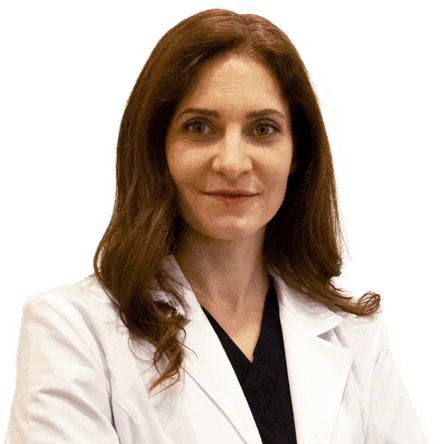Dental Hygiene in New York City, NY
At
Riverside Dental Care, we want you to feel great about your
oral health. That’s why we offer a wide range of preventive treatments to maintain the health and beauty of your smile. if you want to keep your teeth and gums in top shape, schedule an appointment for a dental hygiene visit with our expert team. With professional cleanings and personalized care, we can help you achieve a healthy smile that you’ll love to show off.
Call Riverside Dental Care at (646) 414-6238 to schedule your appointment today!
What Is Dental Hygiene?
Dental hygiene refers to the routine care that keeps your teeth and gums clean and healthy. Each visit includes a professional cleaning, exam, and personalized tips to enhance your oral health. Our skilled hygienists will remove plaque and tartar to help prevent cavities and gum disease.
Cleanings help maintain strong teeth and fresh breath while preventing serious dental issues. Good hygiene habits, including brushing and flossing, are essential for lifelong oral health.
Regular dental hygiene visits are key to preventing issues before they start. Our thorough cleanings and exams ensure your teeth and gums stay in great condition.
Benefits of Dental Hygiene
Regular hygiene visits are essential for maintaining a healthy smile. Other great benefits of professional cleanings include:
- Prevents gum disease
- Removes plaque buildup
- Freshens breath
- Protects natural teeth
- Maintains overall health
With good oral hygiene habits, your smile can stay strong and bright for years, making regular dental visits an excellent investment in your overall well-being.
Should I Schedule a Dental Hygiene Visit?
If you care about your oral health and want to prevent dental issues, you should schedule regular hygiene visits. Professional cleanings can help protect teeth that are:
- Prone to cavities
- Affected by plaque buildup
- At risk for gum disease
- Sensitive or inflamed
- In need of routine care
- Due for a check-up
Are you ready to keep your smile fresh and healthy? The first step is easy! Just call (646) 414-6238 to schedule your dental hygiene appointment today, and our friendly team will take care of the rest.
Dental Hygiene
FAQ
Schedule an Appointment
You can call our office at (646) 414-6238 to schedule an appointment or if you have any questions. We're here to help.



